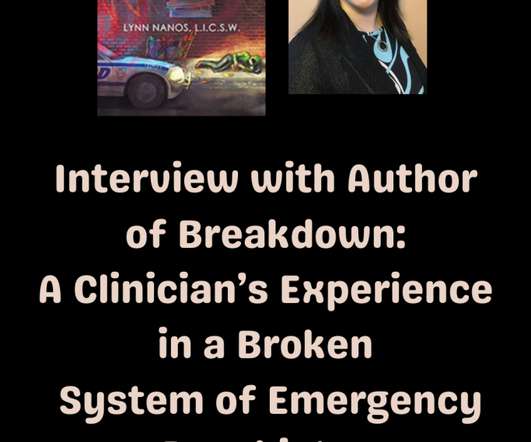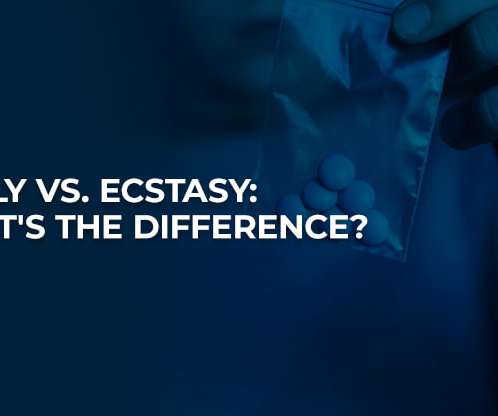Guest Post: Interview with Author of Breakdown: A Clinician’s Experience in a Broken System of Emergency Psychiatry
Bipolar Bandit
SEPTEMBER 3, 2021
I increasingly realized that there is no opportunity to influence legislators to change the system in the clinical setting. I wrote Breakdown to appeal for legislative reform because it’s nearly impossible to change the system from within the trenches of clinical work. Jon, who is suspicious of the FBI is at a homeless shelter.













Let's personalize your content